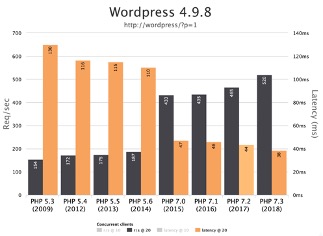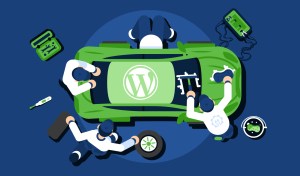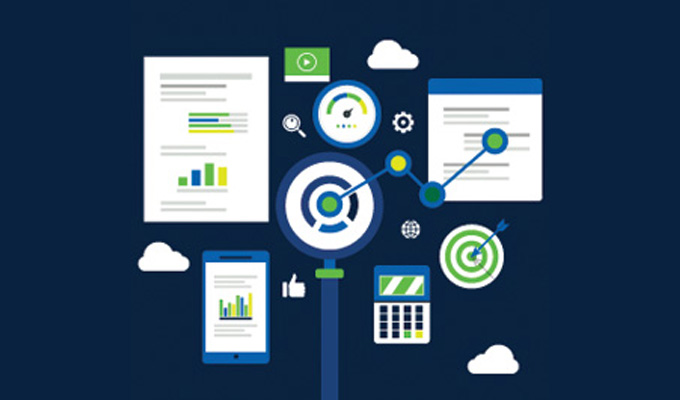The Importance of Ongoing WordPress Website Maintenance
After a website is built, we often think that the hardest part is over. In fact, at this point, only a fraction of the work is done. One of the most important parts of running a website is maintenance. Just like your car, your website depends on regular servicing to perform well and run longer.
The WordPress Content Management System is an ever-changing ecosystem. Constant updates are introduced regularly in order to keep up with changes in technology such as adding new functionality and introducing new security patches. To understand how crucial maintenance is in a website’s lifecycle, we will go through the side effects of a non-maintained website. We will then go through how you can take advantage of a detailed maintenance plan to keep your website healthy.
Issues with an irregularly maintained website
Performance issues:
Neglecting a website for a very long time will result in an overall poor performance due to older or out of date versions of PHP, WordPress, or plugins used on the site.
For example, the release of PHP 7 showed huge performance gains over the older PHP 5 version, executing twice as many requests per second at less than half the latency.

New Features:
You miss out on newly introduced features in the latest releases of WP Core and plugins. These features often make your workflow much better, without needing to have a website admin work on the backend.
Security:
Every website is a target in the eyes of hackers and WordPress sites are no exception. Because WordPress powers over 35% of the internet, it makes it a huge rewarding platform to break into and inject malicious code or spam links. The team behind WordPress along with plugin and theme developers are always on the lookout for these vulnerabilities. Every time one is discovered, a patch is released to fix it in a newer version.
Data loss:
Without a fresh backup of your website handy, you run the risk of losing months if not years of work done on your website, be it newly developed custom features or image/text content. It goes without saying that ongoing automatic backups should be considered mandatory.
More problems when you defer updating:
All the components necessary to run a WordPress site will at some point in time reach their “end of life” and will no longer be supported such as PHP, which is the server-side language that powers it, WordPress core itself, or the installed plugins.
By making consistent incremental updates, it is less likely that updates will cause major problems. Skipping a large number of releases, however, will require countless hours to debug when updating and can quickly get out of control.
How a Robust Maintenance Plan Can Help Protect and Increase Your Website’s Lifespan
At Weidenhammer, we understand the importance of having a comprehensive maintenance plan in place and recommend implementing one to ensure that your website stays up-to-date, secure, and perform better. Our maintenance report covers the following areas:
- PHP and WordPress Core Updates
- Hosting inspection
- Plugin updates
- Domain name expiration check
- Security Certificate (SSL) check and installation
- Malware scan and removal
- Vulnerability report
- Database backups check
- Form testing
- Google analytics check
- Bug and code conflict fixes
Website maintenance can be seen as an insurance and a guarantee of your site’s performance and longevity. Building a website is an investment and just like any other investment, it needs to be monitored and proactively inspected to minimize the risk of it being down or compromised.
If you are looking for additional guidance or support for your WordPress website, do not hesitate to contact us to discuss how we can help your business stay ahead of the curve.


